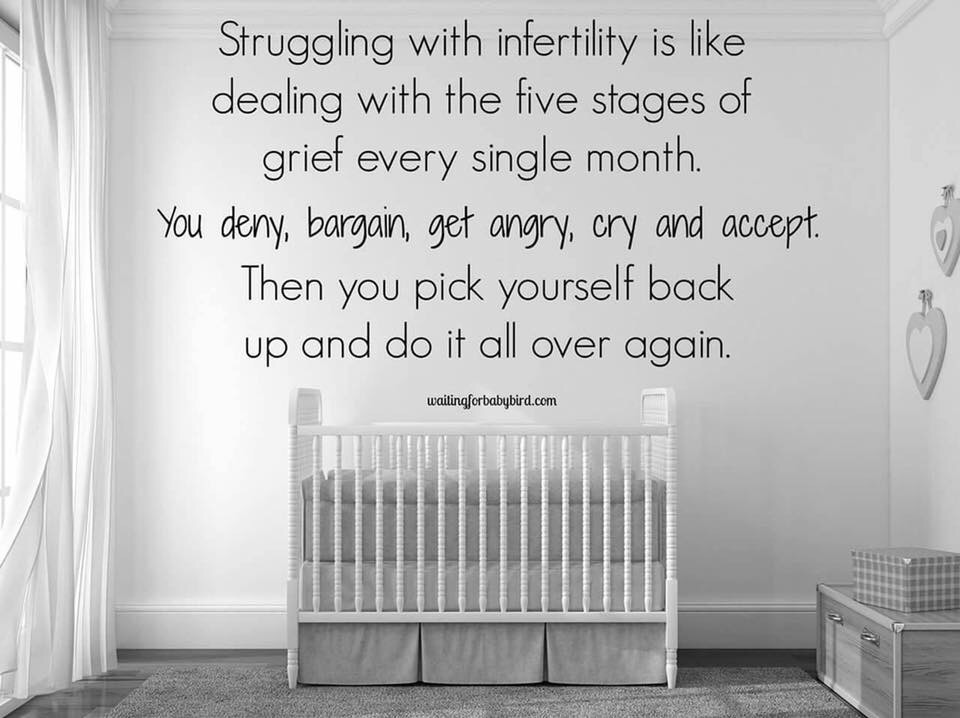Tag: Vocation
-
Follow You Anywhere

I have spent the last five years of my marriage fighting to be the one in control, fighting to have the final word, fighting to be the one to lead. I have been so determined that being equal to my husband is to have equal say and equal contribution that I missed a critical point:…
-
Babies and Dreams
I wasn’t the girl who dreamed about staying home with my babies, though I did always want to be a mom. I didn’t dream of messy days baking in the kitchen with little ones at my feet. I have never been good at cleaning or homemaking. And my decorating skills involve finding something on Pinterest,…
-
A Cross Not Without Purpose

Infertility is not merely a cross. It is an opportunity to witness to the deeper reality that we as married couples do not get to decide how our marriage is lived out. It is a witness to a motherhood and fatherhood that is lived spiritually rather than physically. It is a witness to the fact…
-
Gratitude: The Gift Amidst the Cross

“You have granted me life and living kindness; and Your care has preserved my spirit.” Job 10:12 A few months before our wedding, Nicholas and I sat down and wrote a mission statement for our marriage. We sat down at Ritter’s Ice Cream and created a vision for our family and marriage. It remains a…
